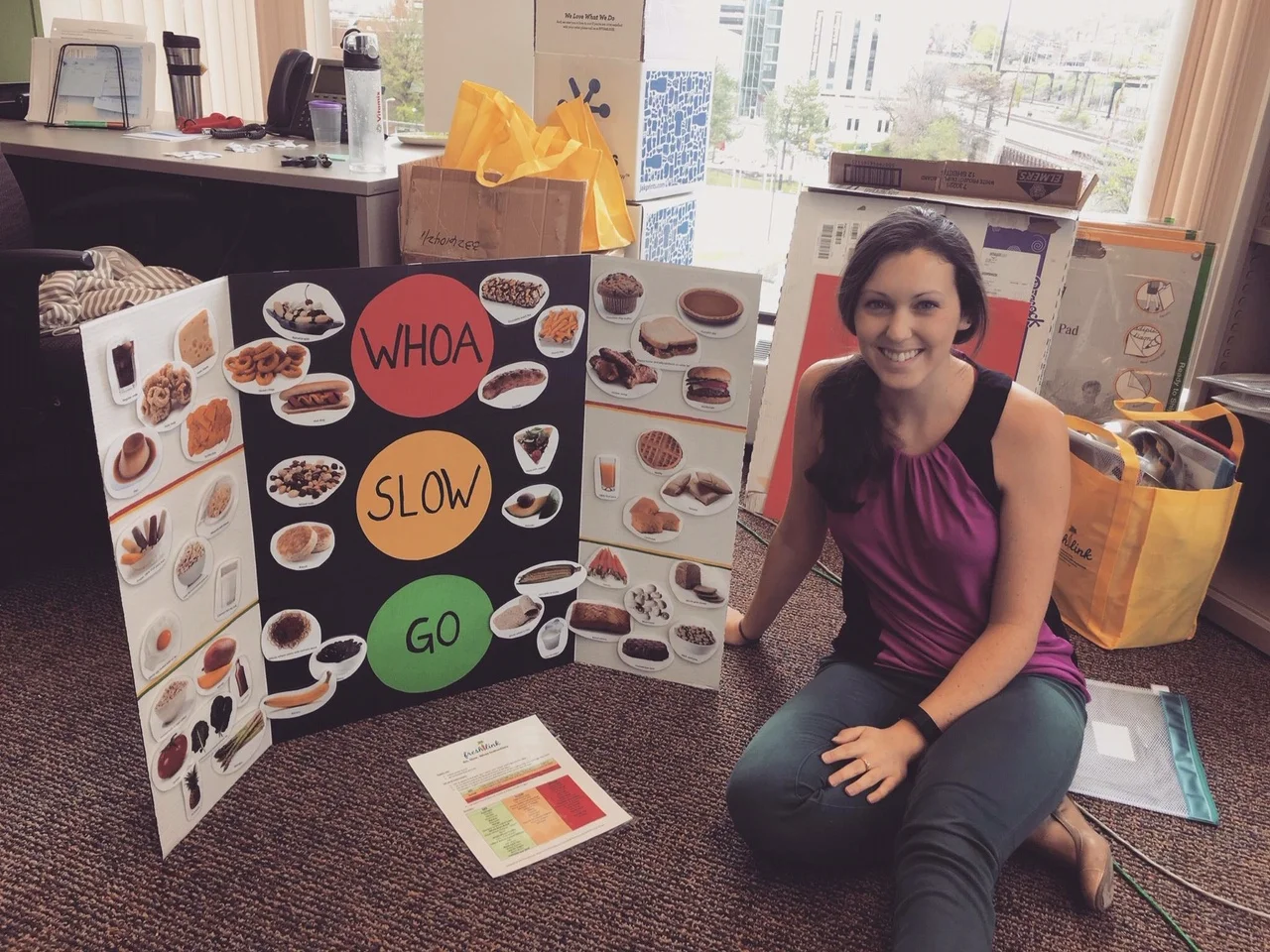Dietitian vs. Nutritionist: What’s the Difference?
Alternatively: Please Don’t Call me a Nutritionist
Happy National Nutrition Month! To start March off, I thought I’d put out the one essential message that every dietitian preaches: the difference between dietitians and nutritionists. I get asked this question all the time.
Do you know the difference?
When seeking out nutrition advice, it is important to know that “nutritionists” are not the same as dietitians. In order to call oneself a Registered Dietitian, or RD, certain education requirements need to be met. Wanna-be dietitians must:
Complete a 4-year undergraduate degree from a university or college’s nationally accredited didactic program in dietetics,
Complete a 1200+ hour supervised dietetic internship program,
Successfully pass a national credentialing (RD) exam,
Apply for official state licensure (LD) from the Ohio Medical Board, and
Maintain 75 credits of continuing education every 5 years plus pay annual fees for registration and licensure
Furthermore, as of 2024, the minimum degree-level for dietitians will be a master’s degree, similar to Physician Assistants or Advanced Practice Registered Nurses. A dietitian’s education and credentialing certify that they are the experts in nutrition and are permitted to practice Medical Nutrition Therapy, which is an individualized nutrition prescription through a medical lens. We understand a wide range of medical diseases and conditions, and take them into account when helping clients develop personalized plans; we know that there is no one-size-fits-all diet plan.
Education among nutritionists vary and can range from an online webinar course “certification” to college degrees. The truth is that anyone is legally allowed to call themselves a nutritionist, regardless of education.
The state licensure, or LD, is critical for dietitians, because it protects the use of the title. Nutritionists may not legally call themselves “dietitians” in Ohio or any other state that has licensure requirements.
The national Academy of Nutrition and Dietetics allows dietitians to add the word “Nutritionist” or letter “N” to the end of their title to help with public confusion. Registered Dietitian Nutritionists (RDN) and Registered Dietitians (RD) are the same title, but “Nutritionist” alone is not.
Registered dietitians have a strong science and medical background and should always be the first choice for personalized nutrition counseling, individualized meal planning, and nutrition-related behavior change therapy.
March 13th is National Registered Dietitian Day – don’t forget to thank the dietitians in your life!
Cheers & Namaste!
JMJ





